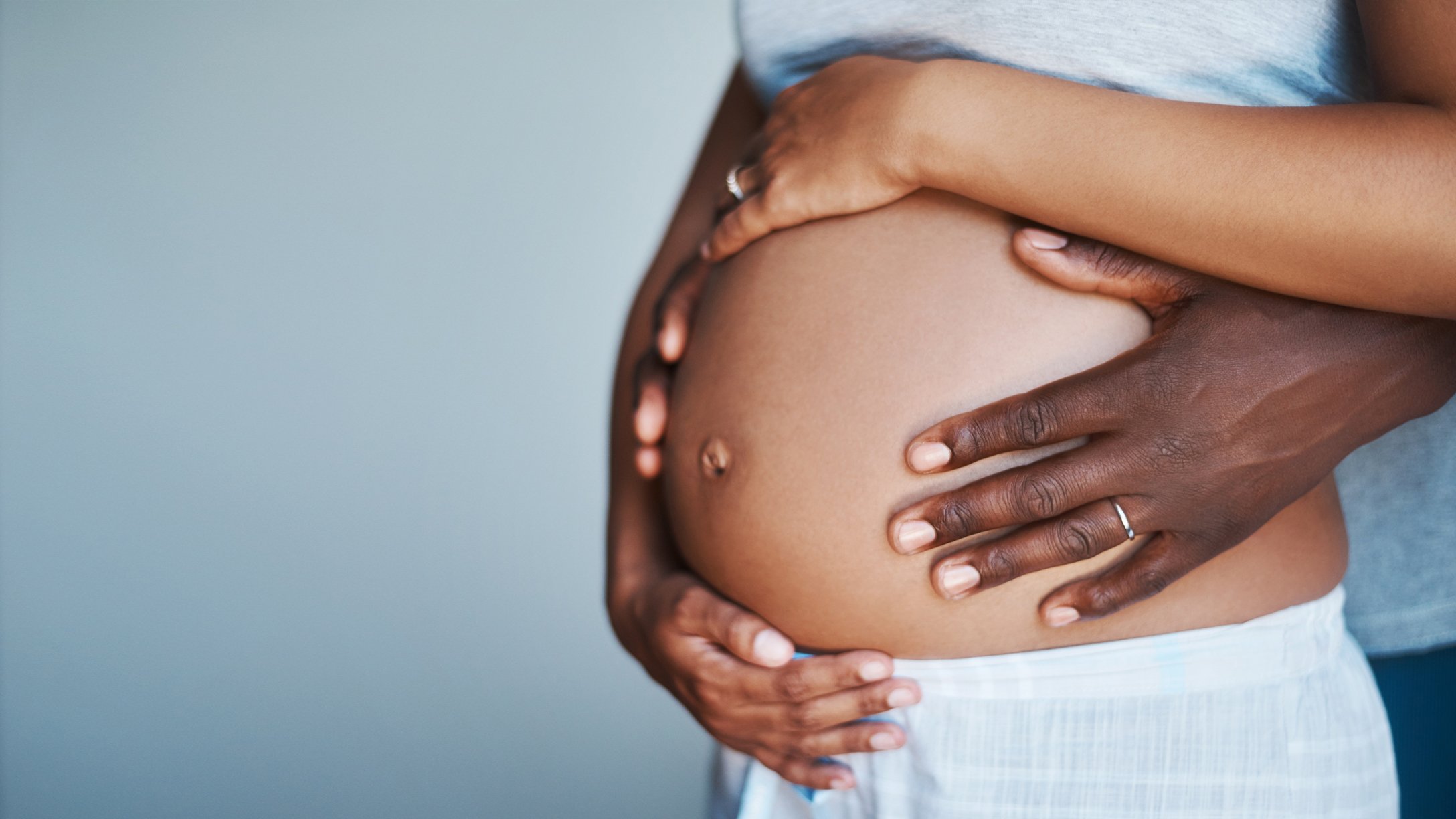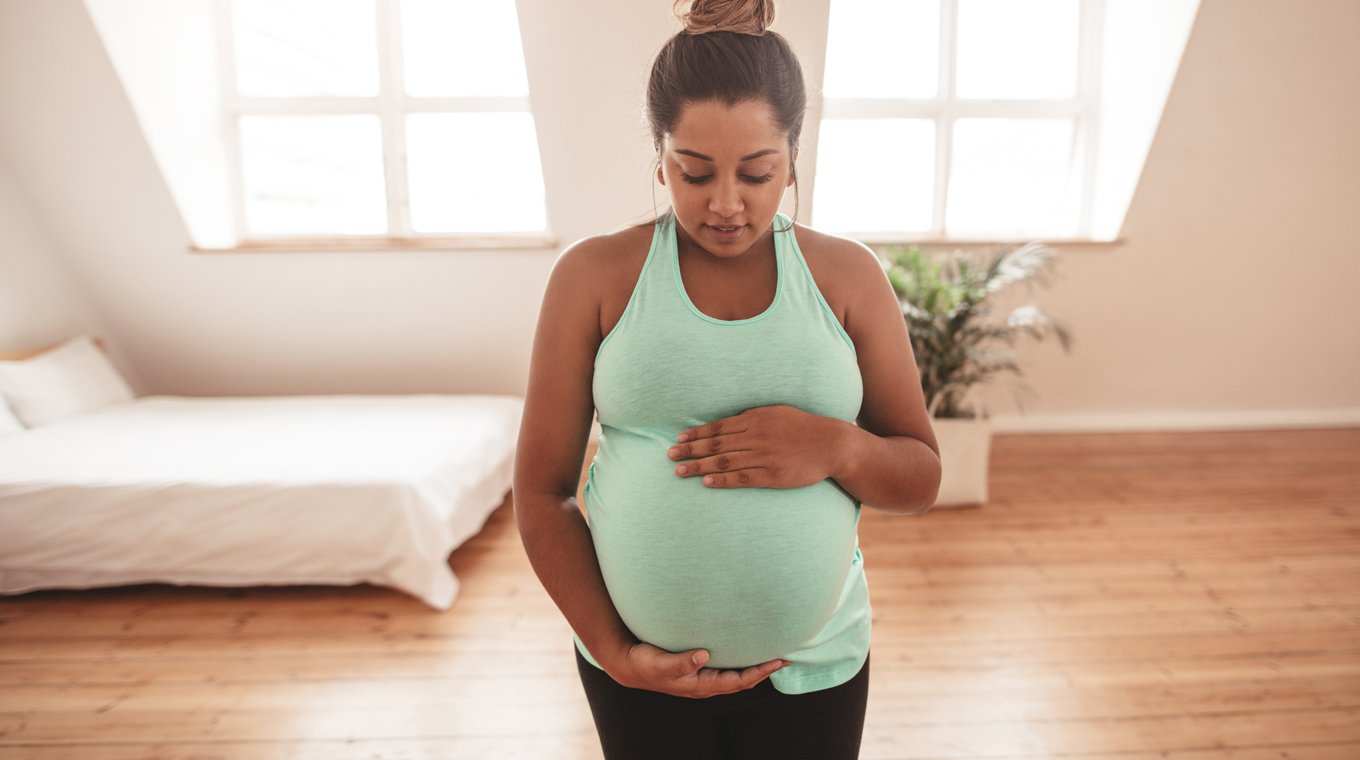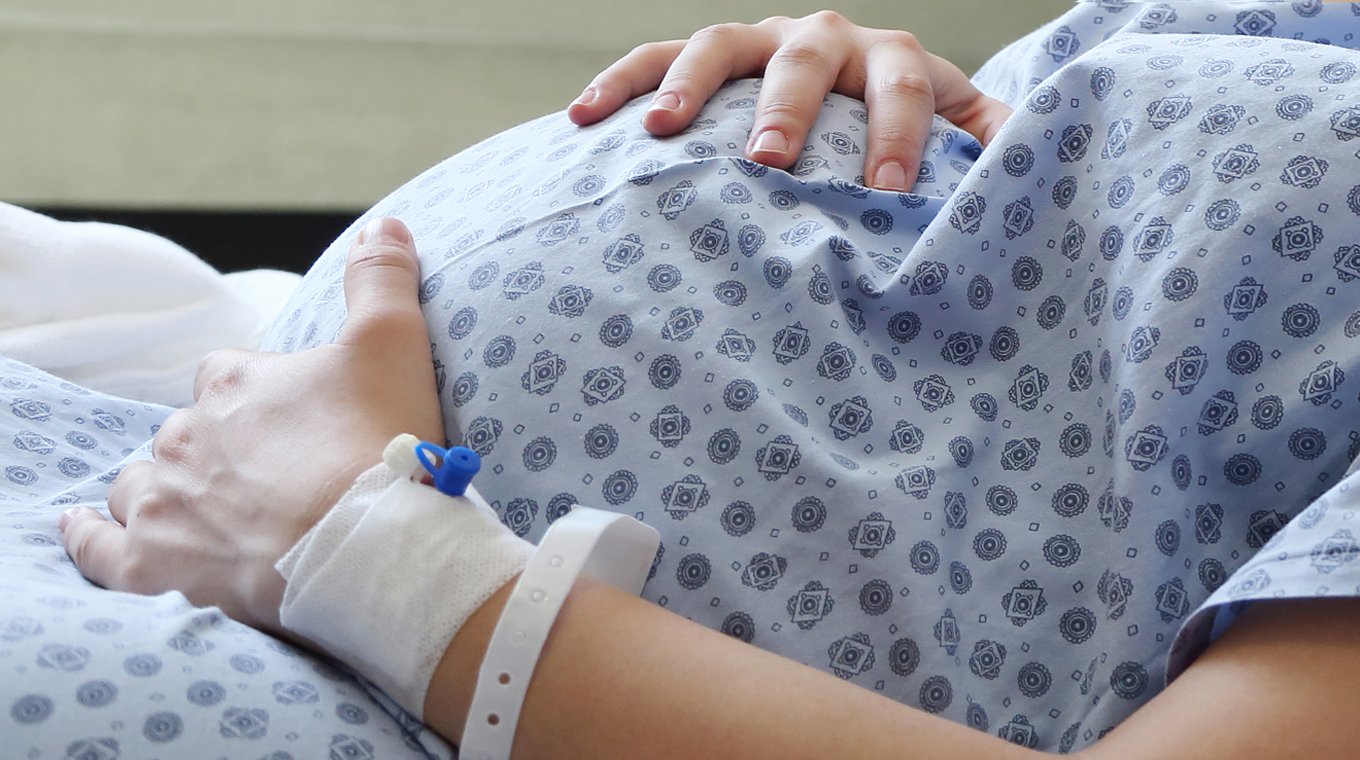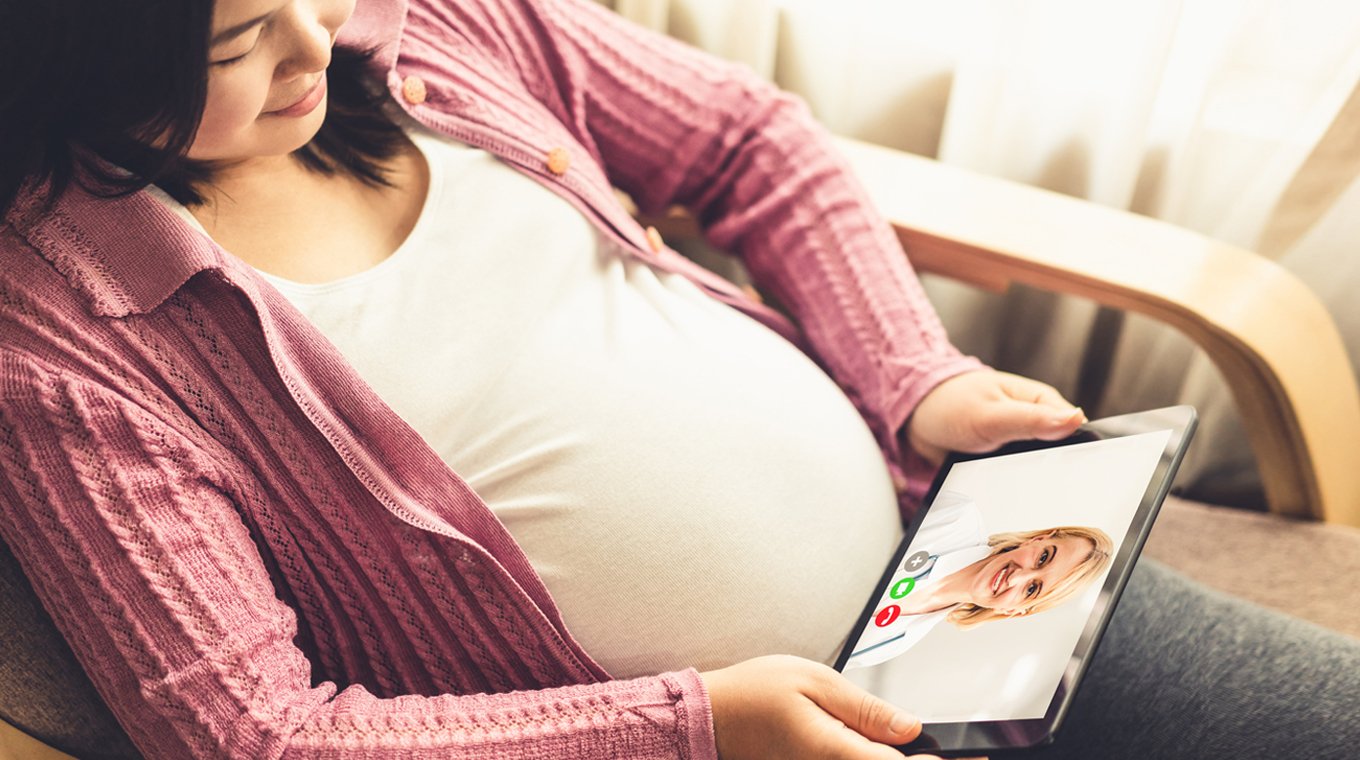
In this article
The chances of dying from pregnancy-related complications are low, but each year about 700 women die during or shortly after pregnancy in the United States, according to the Centers for Disease Control and Prevention (CDC).
Shockingly, the U.S. has the highest rate of maternal mortality in the developed world and it’s been called a public health crisis. And even more alarming, the maternal death rate is three to four times higher for Black women and two to three times higher for Indigenous women than white women in the U.S.
What is maternal mortality and why do women die from pregnancy?
Maternal mortality rate by race and ethnicity

The CDC started tracking pregnancy-related death — which is a woman’s death during pregnancy or within a year after giving birth, and maternal mortality, which is when a woman dies during pregnancy or within 42 days after the end of pregnancy — in 1987. Since then the pregnancy-related death rate has more than doubled.
The CDC measures death rates vs. 100,000 live births and last released national data in 2020. Black women experienced 37.3 deaths per 100,000 live births compared to white women at 14.9. In previous studies, Indigenous women had 28.3 deaths and Asian women were 13.8. The best outcomes were for Latinas at 11.8 deaths per 100,000 live births. The rates were the same regardless of what state women lived in, their education level, or their age.
The maternal death rate among Black women is so alarming that lawmakers introduced legislation to address the disparity. The Black Maternal Health Momnibus Act seeks to improve health care and data collection of pregnant women and also invest in programs to figure out the impact of COVID-19 on their pregnancies. Black, Latinx, and Indigenous people are getting sick and dying from COVID at disproportionally higher rates.
“As the rest of the world works to improve maternal health outcomes, skyrocketing maternal mortality rates here in the United States are precipitating a public health crisis — one that puts mothers of color especially at risk," Senator Cory Booker said of the bill he co-authored.
What are the causes of maternal death?

There are several contributing factors that can lead to maternal death including chronic diseases like high blood pressure and diabetes, and maternal age. The rate of maternal mortality in women 40 and older is nearly 8 times that of women under 25, according to the CDC. Other contributing factors to maternal mortality are lack of access to adequate health care, housing, education and support.
However, the California Birth Equity Collaborative found that even without those risk factors, Black women have a higher number of deaths. And that racism, not race was the cause of these disparities.
The causes of pregnancy-related death, according the March of Dimes, include:
- Heart Disease — also called cardiovascular disease
- Cardiomyopathy — hardening of the heat muscle
- Preeclampsia — a blood pressure condition
- Infection — includes flu and sepsis
- Stroke — aused by blood clot in the brain or bringing blood to the brain
- Thrombotic Pulmonary Embolism — caused by a blood clot blocking an artery in the lung
Pulmonary embolism is responsible for more than 9 percent of maternal death, Kaiser Permanente OBGYN Maricela Rodriguez-Gutierrez told Mom.com. “When a person is pregnant there are a lot of changes in their body. That puts them at an increased risk of clots whether it be in the lungs or in the legs that eventually can make their way into the lungs,” she said.
Blood clots are most common shortly after pregnancy but can occur during pregnancy and childbirth. Symptoms can include swelling in one leg with redness and pain with movement, Dr. Rodriguez-Gutierrez said.
Pulmonary embolism is what took the life of Influencer Emily Mitchell who was pregnant with her fifth child when she died suddenly a few days before Christmas 2020. The 36-year-old became unresponsive while having coffee and toast with her family.
Blood clots are also a concern for COVID patients. And pregnant COVID patients are at increased risk of severe illness and death, according to the CDC.
“Women who get pregnant and have Covid are a different category because they are at increased risk of severe symptoms of Covid so we have to monitor them closely because they do have increased risk of clots as well,” Dr. Rodriguez-Gutierrez said.
Preventing maternal mortality

What’s even more tragic about maternal mortality is that 60 percent of pregnancy-related deaths are preventable. So what can pregnant women do to keep themselves safe and healthy?
Take care of yourself before, during and after pregnancy, according to the March of Dimes.
Before pregnancy
- See a doctor for a preconception checkup and get treated for any preexisting conditions
- Eat healthy and exercise
- Don’t smoke or do drugs
During pregnancy
- Go to all of your prenatal appointments
- Disclose any mediations
- Avoid infections like the flu
After pregnancy
- Seek medical attention if you have chest pains, trouble breathing, dizziness, swelling or you feel that something is not right.
And make sure and get prenatal care even during the pandemic, Dr. Rodriguez-Gutierrez said. And listen to your body and don’t ignore symptoms.
“Even if it’s not your first baby. Not every pregnancy is going to be the same just like our children, none of our kids are the same and neither are our pregnancies. It’s important to address any new symptoms timely so we can prevent any other things happening,” she said.




